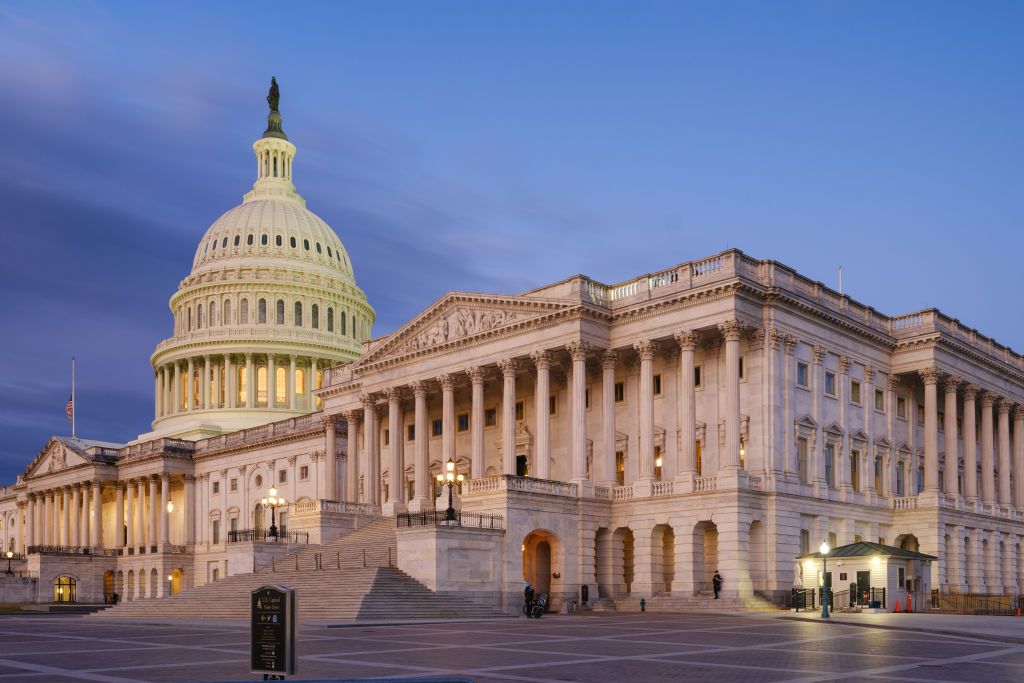Senator Elizabeth Warren (MA-D) has raised concerns about new stablecoin legislation, suggesting that it could allow tech moguls like Elon Musk to gain excessive control over U.S. monetary systems. However, this perspective may not fully capture the intent and implications of the proposed bills.
Understanding the Proposed Legislation
The GENIUS Act and the STABLE Act are designed to establish responsible frameworks for stablecoins, prioritizing consumer protection and financial stability while simultaneously fostering innovation. These bills do not hand over power to any single billionaire; rather, they set forth clear standards that prevent anyone, regardless of wealth, from bypassing essential safeguards in the payment infrastructure.
What Are Stablecoins?
Stablecoins are digital assets specifically engineered to maintain a stable value, most often pegged to the U.S. dollar and backed by various reserves. However, the transparency regarding these reserves can differ among issuers, which is where regulatory proposals like the GENIUS Act and STABLE Act come into play.
The core objective of these bills is to establish stringent requirements for reserve composition, auditing, and licensing for stablecoin issuers, ensuring that they operate under a transparent regulatory structure. This means that instead of allowing a tech giant to “print money” at will, the legislation is focused on ensuring that stablecoins are fully backed and regulated.
The Benefits of Stablecoins
Stablecoins offer several innovations that traditional financial systems have often struggled to deliver, such as:
– **Efficient and Low-Cost Transfers**: They facilitate quick transactions at reduced costs.
– **Faster Settlements**: Transactions can be settled in near real-time.
– **Greater Autonomy for Users**: Stablecoins empower individuals by allowing them to manage their money more effectively, whether for remittances or everyday purchases.
The expansion of the global stablecoin ecosystem is significant, with transaction volumes soaring to $710 billion in February, an increase from $521 billion compared to the same month last year. This growth is compelling traditional financial institutions to adapt and engage with this new market.
Strengthening National Security and Economic Stability
Stablecoins also play a pivotal role in bolstering national security and supporting the global dominance of the U.S. dollar. As the world’s reserve currency, the dollar offers considerable geopolitical and economic advantages. With the emergence of alternative financial systems, including foreign-issued digital assets, it is crucial for the U.S. to ensure that new technologies remain dollar-denominated.
If innovators are unable to operate under clear guidelines within the U.S., they may seek out foreign jurisdictions, thereby diminishing the dollar’s influence. Encouraging stablecoin issuers to back their assets with traditional U.S. treasuries rather than synthetic or foreign alternatives helps sustain demand for U.S. debt instruments, keeping the dollar central to global finance.
Responding to Global Trends
As other countries explore ways to diminish U.S. dollar dominance through “de-dollarization” strategies, it becomes imperative for the U.S. to modernize its financial infrastructure. Providing a robust regulatory framework for stablecoins can inspire developers and businesses to innovate on U.S. soil, maintaining America’s leadership in the next wave of financial technology.
Regulatory Frameworks for Consumer Protection
Both the GENIUS Act and the STABLE Act propose essential guardrails to ensure that stablecoin issuers adhere to fundamental standards for consumer protection and operational integrity. Despite their potential limitations, these bills reflect a bipartisan commitment in Congress to create thoughtful legislation that fosters responsible innovation and healthy competition in the digital asset space.
By clarifying legal obligations regarding reserve composition, auditing, and anti-money laundering practices, the bills aim to cultivate an environment where stablecoins can flourish under proper oversight. This not only protects consumers but also upholds financial stability and national security interests.
Conclusion: A Future Built on Accountability
Elon Musk’s interest in digital payments exemplifies a broader trend: the rapid pace of private sector initiatives often outstrips existing regulatory frameworks. Establishing a solid regulatory foundation for stablecoins is a crucial first step in ensuring that all emerging financial ventures, whether spearheaded by tech entrepreneurs or established financial institutions, adhere to rules that safeguard public interests and vital U.S. priorities.
The goal of sound legislation is not to enable billionaires to dominate the market, but to provide certainty and accountability. This ensures that innovative financial products, like “X Money” or other emerging payment systems, are held to rigorous standards for consumer protection and financial stability.
The future of money is leaning towards a more digital, transparent, and open framework. By embracing stablecoin legislation, Congress has the opportunity to fortify the U.S. dollar’s position, encourage domestic innovation, and ensure that our financial system remains safe, secure, and competitive. This approach benefits everyday consumers, strengthens national security, and preserves America’s economic leadership in an increasingly dynamic global landscape.



